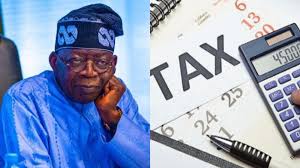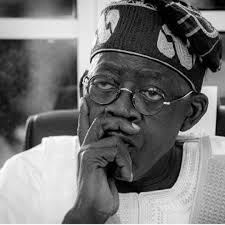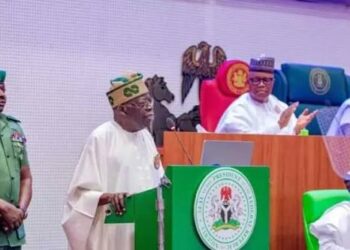
The Nigerian senate has given the Federal Government the nod to borrow $1.5bn and €995m from foreign bodies, heitening fears of possible debt trap.
The senate gave the federal government the go ahead at its plenary session on Wednesday.
The upper chamber considered the report of its Committee on Local and Foreign Debts on external borrowing plan of the government and approved the move.
Senator Clifford Ordia, Chairman of the Committee on Local and Foreign Debts laid the report of the panel before the senate for its approval.
However, anger of most Nigerians have continued to rise over excessive borrowing by states and the federal government With an accumulated debt profile of over $5.7 billion and still rising. In deed, to most Nigerians, the country seems to be heading back to the debt trap.
“A debt trap is the consequence of a systematic recourse to debt that thrives in contexts of increasing inequality and reduced government intervention” – Claudia Sanchez Bajo & Bruno Roelants
According to Rewane, total external debt in SSA is estimated to jump by 8% to $720.1bn in 2021 from $666.3bn in 2020 as borrowing from multilateral and bilateral creditors climb.
However, Nigeria’s share is a miniscule 4.6% ($33.35bn as at Q4’20). With the US inflation at an 11-year high of 2.6%, an increase in US interest rates is now imminent. If this happens, SSA countries could fall into a debt trap and contend with excruciating debt service costs. The borrowing loop is expected to continue, which would undermine the ability of governments to spend on infrastructure development and social intervention programs. Notwithstanding, some African countries are scrambling to the international capital markets for Eurobond issues – Nigeria ($6.14bn), Ghana ($5bn) and Kenya ($7.3bn)
He advised that Policy makers need to focus on borrowing to complete existing infrastructure projects and increase total factor productivity.












